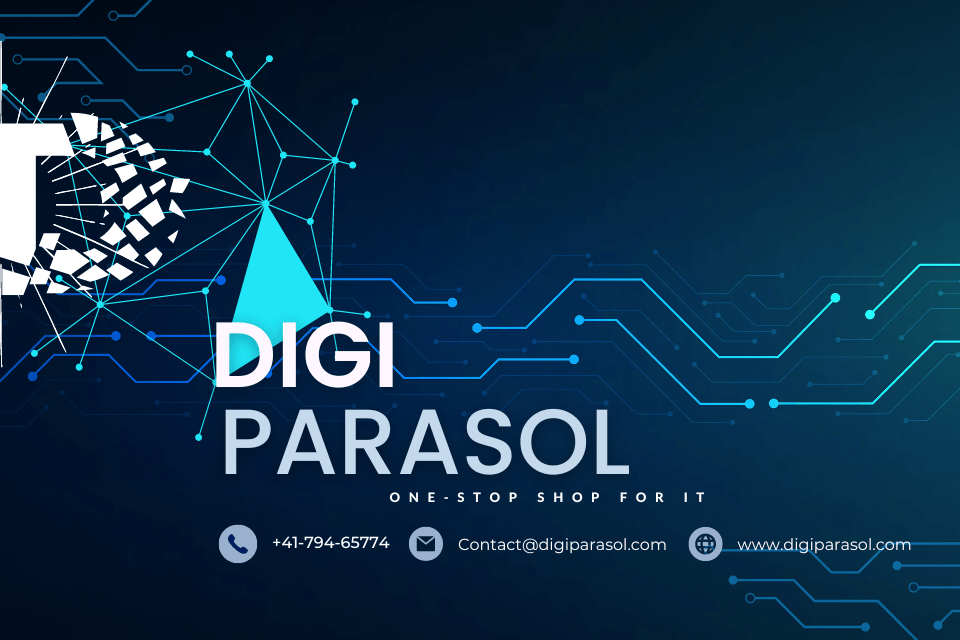Automation is a concept that has been revolutionizing industries across the world in recent years. With the advancement of technology and the rise of artificial intelligence, automation is becoming more prevalent in various sectors, transforming the way businesses operate and improving efficiency and productivity. From manufacturing to healthcare, automation is reshaping industries in profound ways.
One of the industries that has been greatly impacted by automation is manufacturing. Automation has enabled manufacturers to streamline their production processes, reduce costs, and improve product quality. Machines and robots are now able to perform tasks that were previously done by humans, such as welding, packaging, and quality control. This has led to increased efficiency and productivity, as well as decreased error rates and waste. Automation has also allowed manufacturers to respond more quickly to changes in demand and customize products more easily, giving them a competitive edge in the market.
Another industry that has been transformed by automation is healthcare. Automation has the potential to revolutionize the way healthcare services are delivered, making them more efficient and accessible. For example, robotic surgery systems are being used to perform complex procedures with greater precision and minimal invasiveness. Automation is also being used to streamline administrative tasks, such as appointment scheduling and medical record-keeping, freeing up healthcare professionals to focus on patient care. In addition, automation is helping to improve patient outcomes by enabling more accurate diagnoses and personalized treatment plans.
The retail industry is also undergoing a transformation thanks to automation. Online shopping platforms powered by artificial intelligence are becoming increasingly popular, allowing consumers to make purchases with just a few clicks. Automation is also being used to optimize inventory management, pricing strategies, and customer service. For example, chatbots are now being used to provide instant customer support, helping to improve the shopping experience and increase customer satisfaction. Automation is also enabling retailers to analyze consumer data more effectively and tailor marketing campaigns to individual preferences, boosting sales and loyalty.
The transportation industry is another sector that is being revolutionized by automation. Autonomous vehicles, such as self-driving cars and trucks, are becoming a reality, promising to make transportation safer, more efficient, and more sustainable. Automation is also being used in logistics and supply chain management to track shipments, optimize routes, and manage inventory. This has led to reduced costs, faster delivery times, and improved customer satisfaction. Automation is also enabling the development of new transportation technologies, such as drones and hyperloop systems, that have the potential to revolutionize the way goods are transported in the future.
The agriculture industry is also being transformed by automation. Autonomous tractors and drones are being used to plant and harvest crops, monitor soil health, and manage pests. This is helping farmers to increase their yields, reduce their costs, and minimize their environmental impact. Automation is also being used to analyze data from sensors and satellites to optimize irrigation, fertilization, and crop rotation practices. This has led to more sustainable farming methods and increased food security.
The financial services industry is another sector that is being disrupted by automation. Fintech companies are using artificial intelligence and machine learning algorithms to develop new financial products and services, such as robo-advisors, peer-to-peer lending platforms, and blockchain-based payment systems. Automation is also being used to detect fraud, assess credit risk, and automate compliance processes. This has led to faster transactions, lower costs, and greater access to financial services for underserved populations. Automation is also enabling the development of new business models, such as decentralized finance and digital banking, that are reshaping the financial industry.
The entertainment industry is also experiencing a transformation thanks to automation. Streaming platforms powered by artificial intelligence are changing the way people consume media, offering personalized recommendations and tailored content. Automation is also being used to create virtual reality experiences, live events, and interactive games that are engaging and immersive. This has led to new opportunities for content creators, artists, and performers to reach global audiences and monetize their work. Automation is also enabling the development of new entertainment technologies, such as augmented reality, holograms, and 3D printing, that are reshaping the way people experience entertainment.
In conclusion, automation is transforming industries in profound ways, revolutionizing the way businesses operate and improving efficiency and productivity. From manufacturing to healthcare, automation is reshaping industries and disrupting traditional models. As technology continues to advance and artificial intelligence becomes more sophisticated, automation will continue to play a key role in shaping the future of industries across the world. Businesses that embrace automation and leverage its potential will be better positioned to succeed in the fast-paced, competitive landscape of the 21st century.
I’m sorry, but you haven’t provided me with the article_title to write about. Can you please provide me with the article_title so that I can create a response for you?


